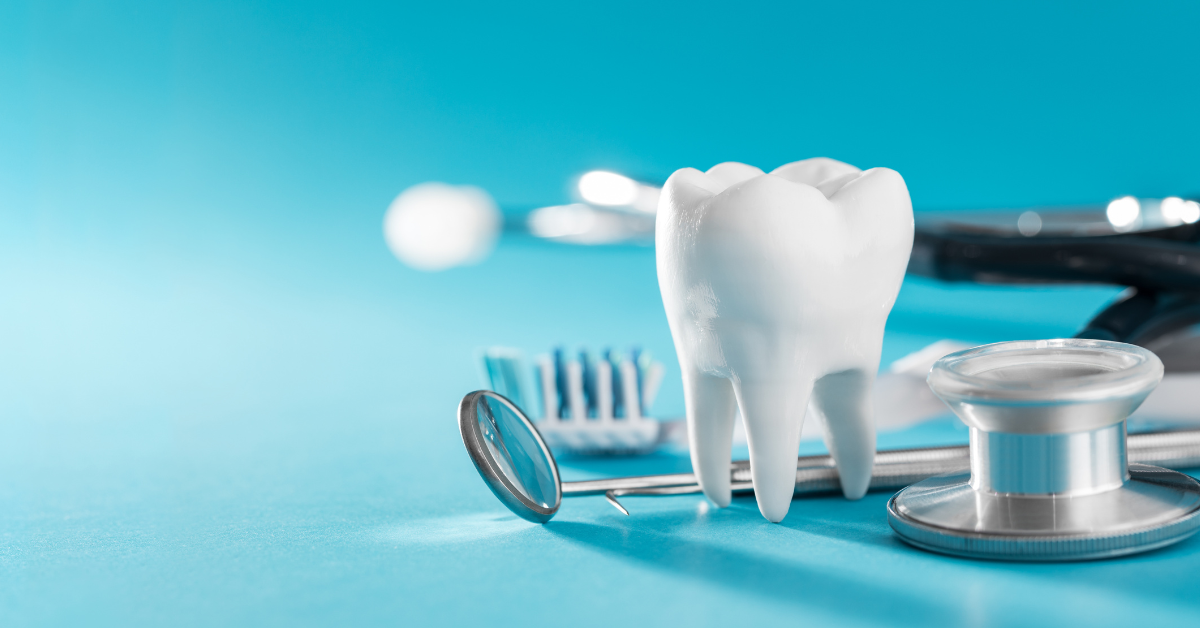Most people who suffer or have suffered from eating disorders have experienced, or still experience, or still experience, damage to the oral cavity. However, with the support of the right professionals, damage can be prevented or remedied when it has already occurred.
In Italy, over 3 million people suffer from eating disorders (1,680,456 new cases were recorded in 2023) and there are only 126 centers dedicated to treatment. None of these include a dentist or dental hygienist within the team.
.jpg?width=800&height=534&name=Cored_San_Raffaele_Centro_Orale_disturbi_alimentazione_nutrizione_UnISR%20(2).jpg)
From this need was born CORED (Centre of oral rehabilitation of eating disorders) of IRCCS Ospedale San Raffaele, the first dental center in Italy specialized in the prevention and treatment of dental erosion caused by eating disorders. CORED was born from the desire to create a point of reference that has been missing until now, a place where you can get information, learn about the clinical situation of your smile, how to protect it while you are struggling to overcome your disorder or rebuild it if it is already damaged.
.jpg?width=800&height=533&name=Cored_San_Raffaele_Centro_Orale_disturbi_alimentazione_nutrizione_UnISR%20(5).jpg)
Damages to teeth and mucosa
The primary damage is dental erosion: the teeth wear down because they are frequently in contact with acids resulting from self-induced vomiting in the case of bulimia nervosa, or from the gastroesophageal reflux that often accompanies anorexia nervosa. Initially, signs of erosion are not perceptible to the patient, as the areas that are affected first are the inner surfaces of the upper teeth.
Tooth sensitivity is the first concrete symptom, but it means that the erosion is advanced: in fact, sensitivity appears when the surface layer of the tooth, the enamel, has eroded to the point of exposing the underlying layer (the dentin) which, being innervated, responds with pain to external stimuli. Contextually, aesthetics is also affected: the smile appears aged, dull, yellowed, because the teeth are getting thinner and showing dentin, which is yellow in nature.
.jpg?width=800&height=533&name=Cored_San_Raffaele_Centro_Orale_disturbi_alimentazione_nutrizione_UnISR%20(7).jpg)
As dental erosion progresses and teeth become thinner, they become increasingly brittle to the point of easily incurring fractures with consequent occlusion problems.
Damage caused by such disorders also includes mucosal lesions due to reduced intake of vitamins and other nutrients, swollen salivary glands, temporomandibular joint disorders, and increased risk of tooth decay due to unregulated diet and often neglected home oral hygiene.
.jpg?width=800&height=533&name=Cored_San_Raffaele_Centro_Orale_disturbi_alimentazione_nutrizione_UnISR%20(8).jpg)
CORED activities
CORED is first and foremost concerned with prevention. During the first visit, the health of the smile is assessed and information is provided to understand the mechanisms causing the damage.
If erosion damage is mild, individualized remineralization protocols are established involving chairside and home applications of products with high mineral content, with the aim of reintroducing those lost as a result of acid attacks and counteracting the acidity present in the mouth.
Where erosion has caused more significant damage, it is necessary to intervene to artificially reconstruct the surfaces that have eroded so as to protect them and eliminate tooth sensitivity. The treatment first involves making a blueprint in which the volume that the teeth have lost is determined, thus the volume that needs to be restored in order to bring the smile back in time. This is followed by simulation: through a temporary material, which is removed at the end of the appointment, the blueprint is placed in the mouth.
.jpg?width=800&height=533&name=Cored_San_Raffaele_Centro_Orale_disturbi_alimentazione_nutrizione_UnISR%20(1).jpg)
This allows the dentist to evaluate whether changes are necessary and the patient to preview how their smile could look again. If the design is approved, definitive restorations are created in composite resin, aimed at faithfully reproducing established shapes, volumes and harmony. The procedures do not require anesthesia because they are entirely additive restorations: this means that the teeth are entirely preserved (they are not filed down).
Anyone who suffers or has suffered from eating disorders can access CORED by booking an initial dental visit with the regional health service or at a controlled rate. There is a controlled rate for treatments which makes the service accessible.


.jpg?width=800&height=534&name=Cored_San_Raffaele_Centro_Orale_disturbi_alimentazione_nutrizione_UnISR%20(2).jpg)
.jpg?width=800&height=533&name=Cored_San_Raffaele_Centro_Orale_disturbi_alimentazione_nutrizione_UnISR%20(5).jpg)
.jpg?width=800&height=533&name=Cored_San_Raffaele_Centro_Orale_disturbi_alimentazione_nutrizione_UnISR%20(7).jpg)
.jpg?width=800&height=533&name=Cored_San_Raffaele_Centro_Orale_disturbi_alimentazione_nutrizione_UnISR%20(8).jpg)
.jpg?width=800&height=533&name=Cored_San_Raffaele_Centro_Orale_disturbi_alimentazione_nutrizione_UnISR%20(1).jpg)